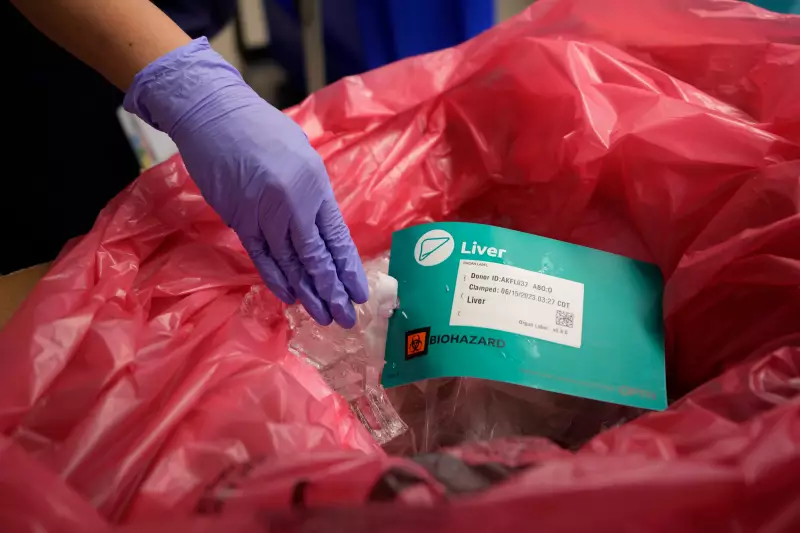
The chief executive of Transplant Québec has publicly expressed his bewilderment and concern over the Quebec government's decision to merge the specialized organ donation agency with the province's blood operations, calling the move "incomprehensible" and potentially damaging to the life-saving transplant system.
Expert Leadership Voices Concerns
Louis Beaulieu, the seasoned leader at the helm of Transplant Québec, didn't mince words when discussing the provincial government's controversial plan. With years of experience in the delicate field of organ donation and transplantation, Beaulieu finds the logic behind merging these distinct medical services difficult to grasp.
"I have a hard time understanding the decision," Beaulieu stated emphatically. "We're talking about two completely different medical acts, two completely different philosophies."
What the Merger Entails
The Quebec government's plan involves folding Transplant Québec into Héma-Québec, the province's blood services agency. This restructuring would create a new entity called Biomaterials Québec, consolidating the management of both blood products and organ donations under one administrative roof.
Beaulieu highlights the fundamental differences between the two medical domains: "Blood donation is something that is relatively simple. You give blood, it's processed, and it's transfused. Organ donation is an extremely complex process that involves identifying potential donors, working with families in grief, coordinating with multiple medical teams across hospitals, and managing tight transplantation timelines."
Potential Impact on Transplant System
The CEO's concerns extend beyond philosophical differences to practical implications for Quebec's transplant system:
- Specialized Expertise Dilution: The unique skills required for organ donation coordination could be lost within a larger bureaucratic structure
- System Efficiency: The current focused approach to organ transplantation might suffer under combined management
- Donor Identification: The delicate process of identifying potential donors and working with grieving families requires specialized training
- Inter-hospital Coordination: Transplant Québec currently coordinates complex operations across multiple medical institutions
Government's Rationale Questioned
While the government suggests the merger will create efficiencies and cost savings, Beaulieu remains skeptical. He emphasizes that Transplant Québec already operates efficiently with a modest budget of approximately $7 million annually, managing one of North America's most effective organ donation systems.
"We have one of the best-performing systems in North America," Beaulieu noted, pointing to Quebec's high donor registration rates and successful transplantation outcomes. "When you have a system that works well, why would you want to change it?"
What's Next for Quebec's Transplant System
The proposed merger raises significant questions about the future of organ donation in Quebec. Medical professionals, patient advocacy groups, and families who have benefited from transplants are watching closely as the government moves forward with its consolidation plan.
Beaulieu's public stance highlights the tension between governmental efficiency drives and specialized medical expertise, leaving many to wonder if the merger will ultimately strengthen or weaken Quebec's life-saving transplant capabilities.






